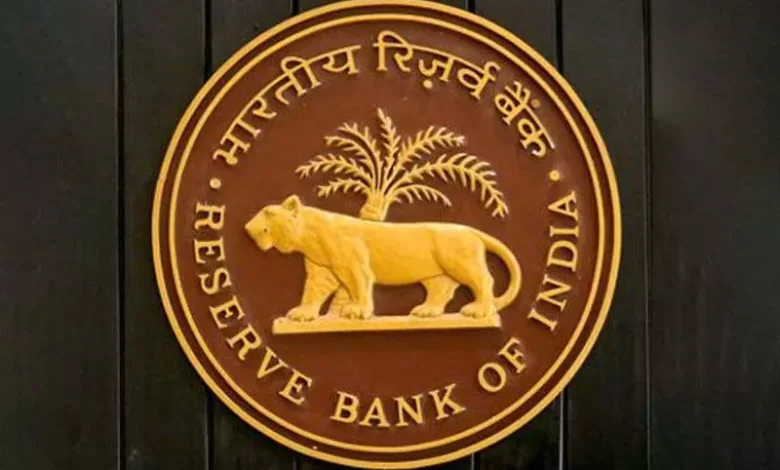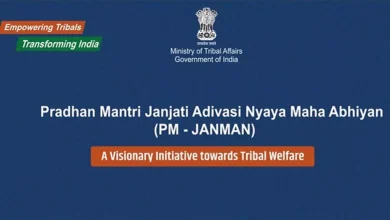RBI eases rules for rupee trading, ends approval of Vostro accounts

Mumbai (Maharashtra) [India] Mumbai (Maharashtra) [India], Aug 6 (ANI): In a significant move aimed at further facilitating trading in the Indian rupee, the Reserve Bank of India (RBI) has simplified the process for opening Special Rupee Vostro Accounts (SRVAs). According to the revised guidelines issued by the central bank on Tuesday, authorised dealer (AD) banks will no longer be required to seek prior approval from the central bank for opening SRVAs of correspondent foreign banks. The RBI said that this latest move comes after a review of the previous process, which mandated prior approval from the central bank for opening SRVAs. “Based on a review of the process for opening SRVAs, it has been decided to waive off the requirement of seeking RBI permission for opening SRVAs. AD banks can now open SRVAs of correspondent banks without approaching the Reserve Bank of India,” the RBI said in an official release. With the revised norms, Authorised Dealer Banks are now empowered to open SRVAs independently, thereby significantly speeding up the establishment of such accounts and operation of rupee-based trade settlement. “The above change in the procedure will significantly speed up the process of opening SRVAs,” RBI said.
This is part of RBI’s broader efforts to internationalise the Indian rupee and reduce dependence on hard currencies such as the US dollar in bilateral trade settlements. The SRVA arrangement was first introduced in July 2022 for invoicing and settlement of exports and imports in Indian rupees through a notification dated July 11, 2022, which stated, “In order to promote the growth of global trade with an emphasis on exports from India and to support the growing interest of the global trading community in the rupee, it has been decided to introduce an additional arrangement for invoicing, payment and settlement of exports/imports in rupees. Before implementing this arrangement, Authorised Dealer Banks will have to obtain prior approval from the Foreign Exchange Department, Central Office of the Reserve Bank of India, Mumbai.”





